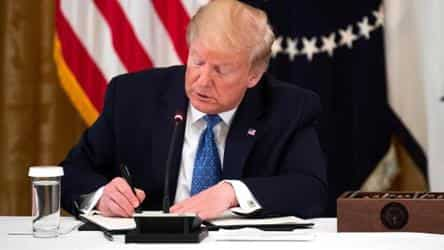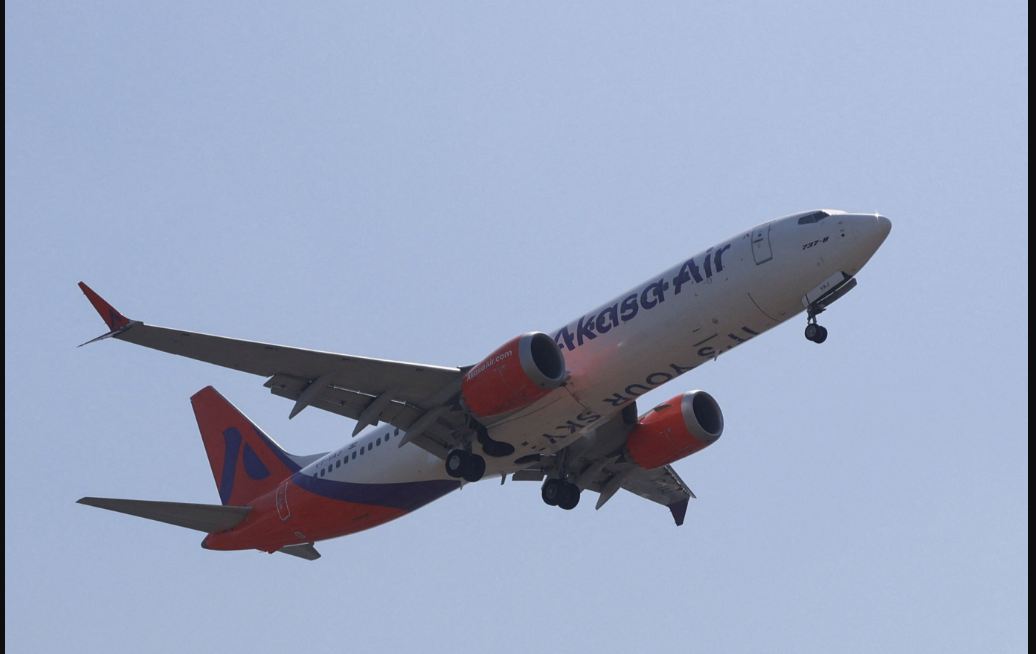Exclusive: U.S. to impose restrictions on additional Chinese media outlets – sources
Washington (Reuters) – The United States is expected to designate at least four additional state-run Chinese media outlets as foreign embassies, increasing restrictions on their operations on American soil, three people familiar with the matter said on Wednesday.
The action by the State Department, sure to further inflame U.S.-China tensions, could come as soon as Thursday, the sources told Reuters. It follows President Donald Trump’s announcement on Friday of retaliatory measures against Beijing over its tightened grip on Hong Kong.
The designations are expected to include China Central Television (CCTV), the top state-owned network, and China News Service, the country’s second-largest state-owned news agency, two sources said on condition of anonymity.
They would be added to five Chinese outlets placed under restrictions in February over U.S. allegations they were used by China and its Communist rulers to spread propaganda.
Like the others, they will be required to register their employees and U.S. properties with the State Department, similar to rules covering embassies and other diplomatic missions.
Though three sources said the announcement was on track for as early as Thursday, a fourth did not rule out a delay.
The White House and State Department did not respond to requests for comment. There also was no response from the Chinese embassy in Washington.
Tensions between Washington and Beijing have spiked, as Trump and his aides have complained about China’s early handling of the coronavirus outbreak and its treatment of Hong Kong, which has enjoyed special U.S. treatment as a global financial center.
Chinese state media has been reveling over chaotic race-related protests in the United States and highlighting Trump’s threat to use troops, even as the anniversary looms of its own bloody military crackdown on demonstrators in Tiananmen Square 31 years ago.
Hong Kong Tensions
Trump on Friday ordered his administration to begin the process of eliminating special U.S. treatment for Hong Kong on the grounds it no longer had enough autonomy, but stopped short of calling an immediate end to former British colony’s privileges.
China’s state-run Global Times newspaper called Trump’s announcement “recklessly arbitrary.”
The United States and China have clashed in recent months over journalists working in each other’s countries.
Michael McCaul, top Republican on the House of Representatives Foreign Affairs Committee, said: “These are Chinese Communist Party propaganda outlets that peddle dangerous information to grow the Party’s power — not report the news.”
In February, the Trump administration said it would treat five major media entities with U.S. operations the same as embassies: Xinhua News Agency, China Global Television Network, China Radio International, China Daily Distribution Corp. and Hai Tian Development USA, Inc.
In March, Washington said it was slashing the number of journalists allowed to work at U.S. offices of major Chinese media outlets to 100 from 160 due to Beijing’s “long-standing intimidation and harassment of journalists.”
In response, China said it was revoking accreditations of American correspondents with the New York Times, News Corp’s Wall Street Journal and the Washington Post whose credentials expire by the end of 2020.


